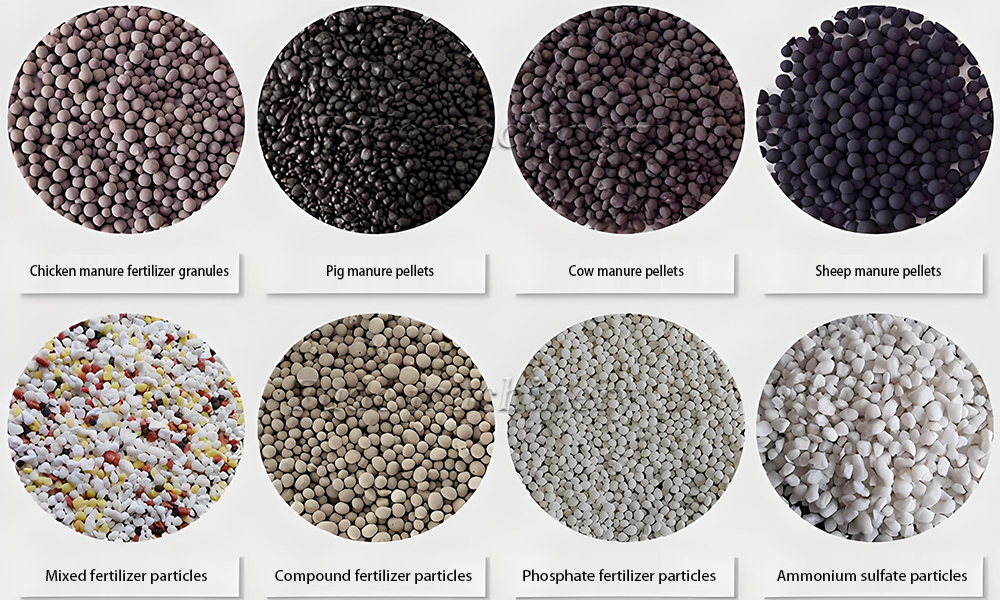Send A MessageWe support device customization. Please specify your material and model requirements, and we will reply to you promptly.
Advantages and disadvantages of laboratory disc granulators
The laboratory disc granulator, as a commonly used granulation equipment, has a wide range of applications in scientific research and experimental environments. The following is a detailed analysis of its advantages and disadvantages:

- advantage
- Simple and stable structure:
- Laboratory disc granulators are usually made of high-strength, corrosion-resistant materials, with a sturdy and durable structure that can withstand large workloads.
- The equipment design is reasonable, easy to install, debug, and maintain, reducing the cost of use.
- High granulation rate:
- The laboratory disc granulator has a high granulation efficiency, which can reduce material waste and production costs.
- A high granulation rate means that more materials are effectively converted into granular products, improving the utilization rate of the equipment.
- Strong adaptability of raw materials:
- The laboratory disc granulator can process various types of materials, including non viscous materials in powder, material or small block form.
- This makes the device have broad application prospects in scientific research and experimental environments, and can meet the research needs of different fields.
- Environmental protection and energy conservation:
- The disc granulator has low noise and no dust pollution during operation, which meets the requirements of modern industrial production for green and environmental protection.
- Meanwhile, the device has lower energy consumption, which helps to reduce experimental costs and environmental burden.


- shortcoming
- High humidity requirements for materials:
- Low or high material humidity can affect the quality of particles. Low humidity may make it difficult for particles to form or have irregular shapes, while high humidity may cause particles to adhere or clump together.
- This requires experimental personnel to pre treat the materials before operation to ensure that their humidity meets the requirements of the equipment.
- The granulation speed is relatively slow:
- Compared to other types of granulation equipment, the granulation speed of the disc granulator is relatively slow.
- This may affect the progress and efficiency of the experiment, especially when a large number of particles need to be prepared quickly.
- Low particle hardness:
- Due to the fact that the disc granulator mainly relies on friction and collision between materials to form particles, the resulting particles may have relatively low hardness.
- This may require further processing to increase its strength, thereby increasing experimental costs and time.

- Introduction to Fude Machinery Manufacturer
- The production equipment includes: fermentation raking machine, dryer, granulator, crusher, mixer, round throwing machine, organic fertilizer production line, etc. The company will continue to adhere to the business philosophy of “quality first, customer first” and provide higher quality metal equipment solutions for global customers.
- Since its establishment in 2015, Fude Machinery has been committed to providing high-quality and high-performance wood equipment solutions to global customers. With advanced production technology, strict quality control, and continuous innovative research and development capabilities, we have received customer satisfaction praise.
 Organic fertilizer equipment,organic fertilizer production line,organic fertilizer equipment factory
Organic fertilizer equipment,organic fertilizer production line,organic fertilizer equipment factory